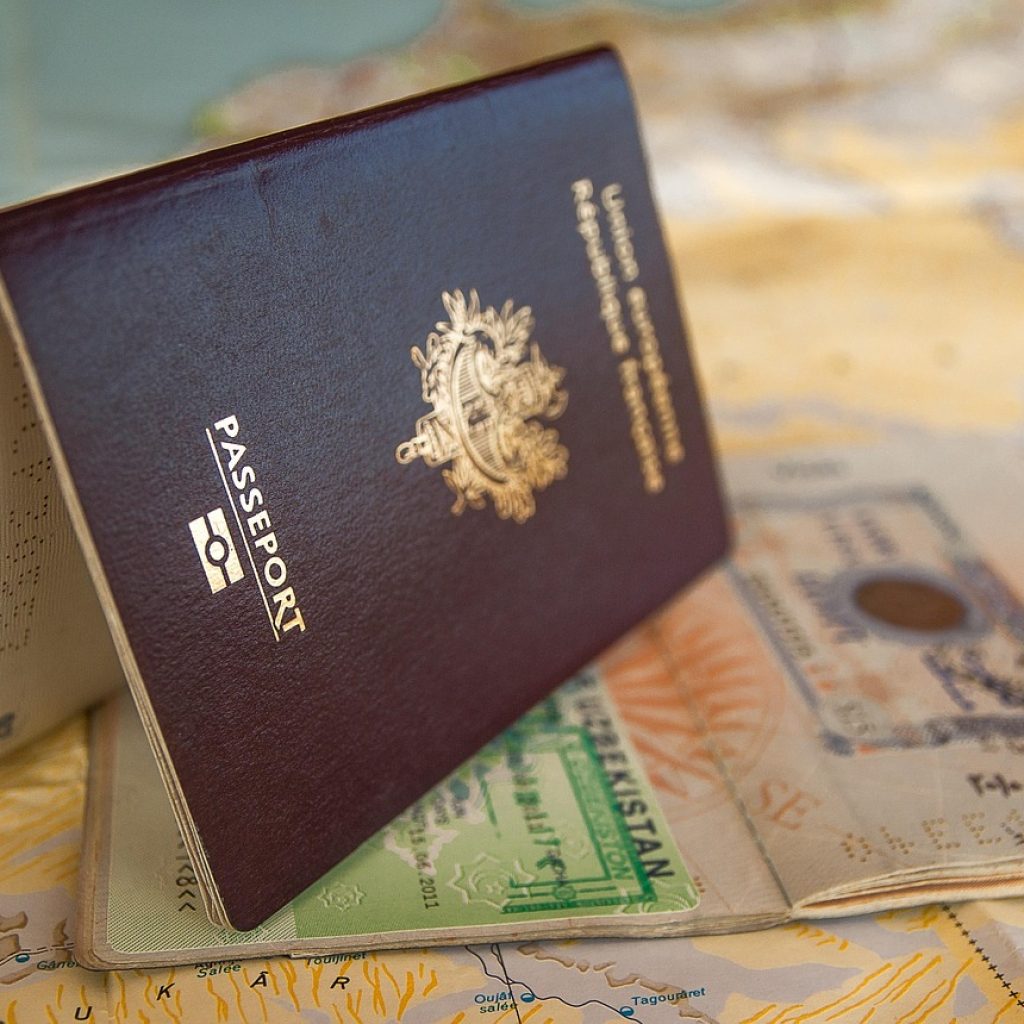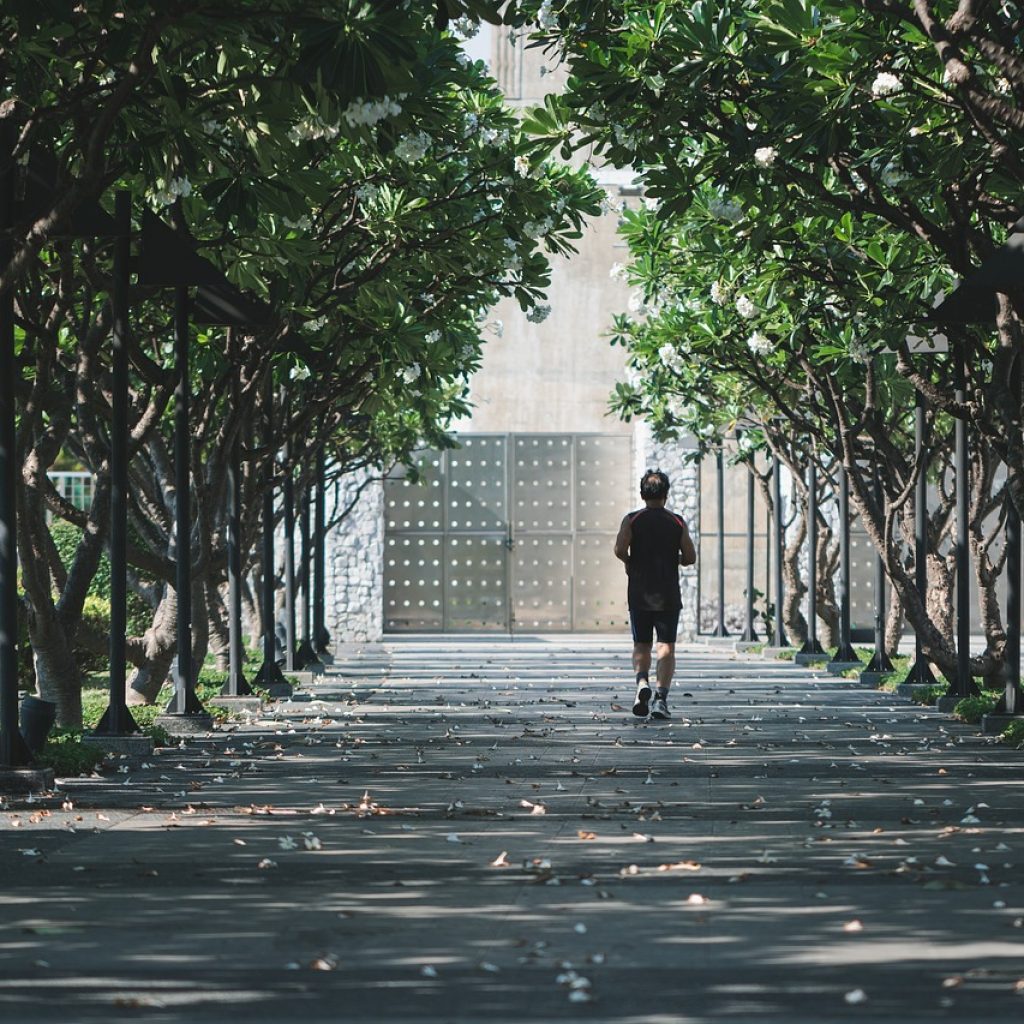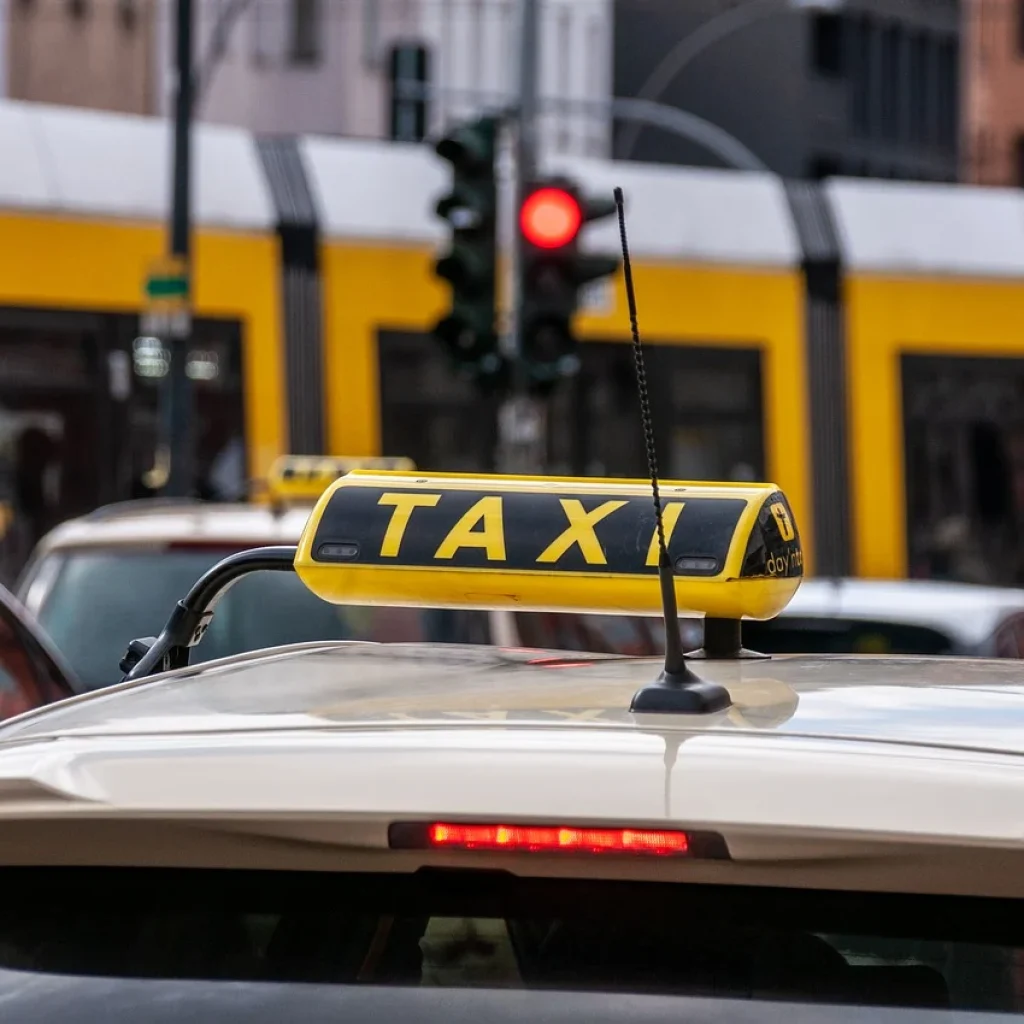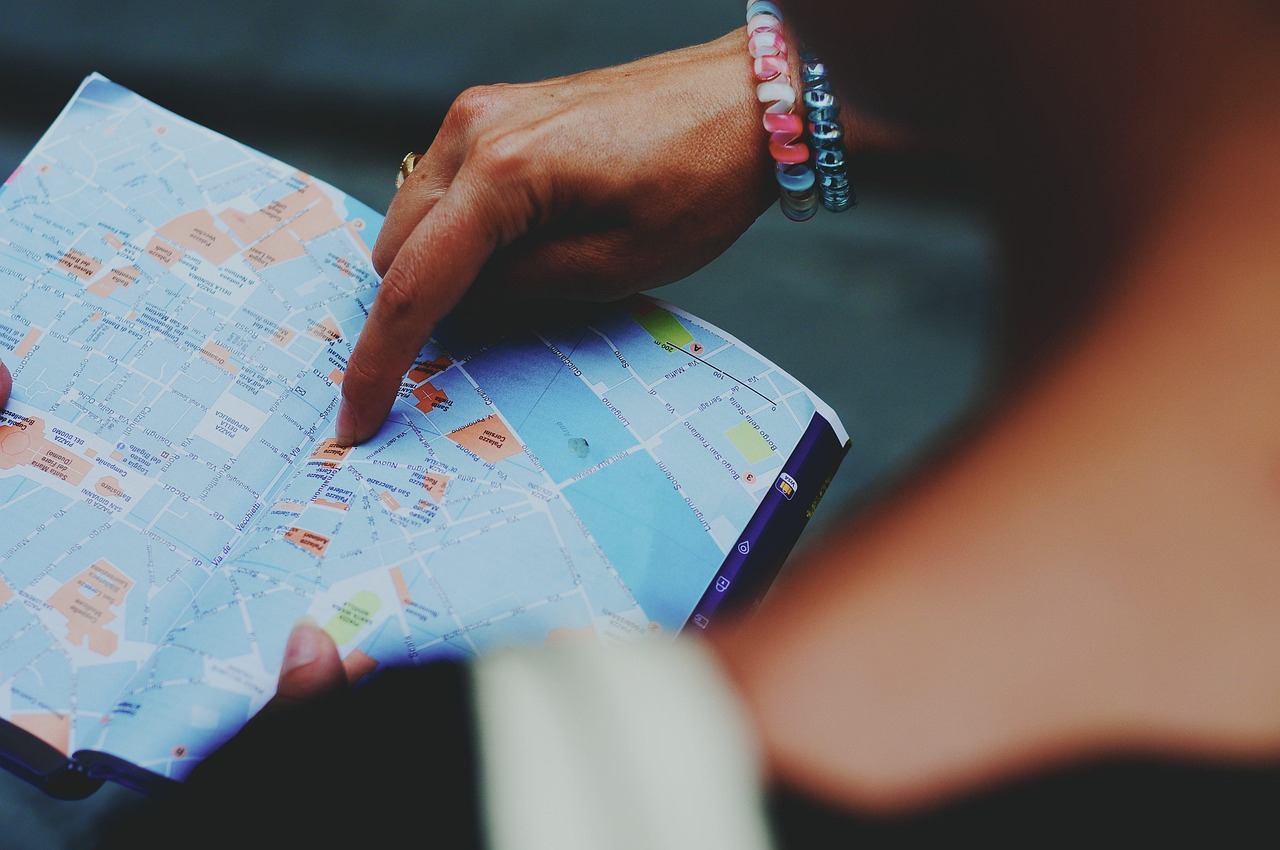Asia is an incredible continent offering diverse landscapes, rich cultures, and unique experiences. Whether you’re exploring the bustling streets of Tokyo, the serene temples of Kyoto, the vibrant markets of Bangkok, or the stunning beaches of Bali, there is always something exciting for African travelers. However, traveling to Asia can be quite different from visiting other parts of the world. To ensure that you have a smooth and enjoyable experience, we’ve compiled essential travel tips for Africans visiting Asia.
This comprehensive guide will provide you with everything you need to know, from cultural norms to visa requirements, safety advice, and practical tips to make your travel experience unforgettable.
Understanding Visa Requirements
Visa on Arrival and E-Visa Options
Many Asian countries offer visa-on-arrival or e-visa options for African travelers, but the specific requirements vary by destination. It’s essential to research the visa policy for your chosen country well in advance.
- Visa on Arrival: Countries like Thailand, Sri Lanka, Indonesia, and Cambodia offer visa-on-arrival facilities. This means that once you arrive at the airport, you can apply for a visa and receive it immediately, usually for short stays (e.g., 30 days).
- E-Visa: Several Asian countries such as India, Myanmar, and Sri Lanka offer e-visa services, allowing you to apply for your visa online before your trip. The e-visa process is often quicker and easier than applying in person at the embassy.
- Traditional Visa Application: For countries like China and Japan, African travelers must apply for a visa in advance at their respective embassies or consulates.

Documents and Requirements
For most visas, African travelers will need to provide several documents, such as:
- A valid passport with at least six months of validity
- A completed visa application form
- Passport-sized photos
- Proof of onward travel or return ticket
- Bank statements or proof of sufficient funds
- Hotel booking confirmation or invitation letter (for certain countries)
It’s important to double-check the specific visa requirements for your destination, as they can change frequently.
Best Time to Visit Asia
Ideal Travel Seasons
When planning your trip to Asia, it’s crucial to consider the best time to visit, as the weather conditions vary greatly depending on the region.
- Southeast Asia: The best time to visit countries like Thailand, Vietnam, Cambodia, and Malaysia is during the dry season, which runs from November to February. The weather is cooler and less humid, making it perfect for outdoor activities.
- South Asia: For countries like India, Sri Lanka, and Nepal, the ideal time to visit is between October and March when the weather is cooler and more comfortable for sightseeing and trekking.
- East Asia: Japan, China, and South Korea are best visited in spring (March to May) and autumn (September to November), as these seasons offer pleasant weather, beautiful landscapes, and fewer tourists.
- Middle East: If you’re visiting countries like Dubai or Qatar, the winter months (November to March) are the best time, as the weather is cooler and more comfortable for exploring.
Monsoon Season to Avoid
The monsoon season in many parts of Asia, including Southeast Asia and South Asia, typically lasts from May to October. During this period, heavy rainfall can disrupt outdoor activities and make travel challenging. Avoiding the monsoon season can help you have a more pleasant and hassle-free trip.
Health and Safety Tips for African Travelers
Vaccinations and Health Precautions
Before traveling to Asia, African travelers should ensure they are up-to-date on essential vaccinations. Some vaccinations are required for entry into certain countries, and others are recommended to protect you during your stay.
- Recommended Vaccines: Hepatitis A, Hepatitis B, Typhoid, Yellow Fever (for certain countries), Malaria (if traveling to rural areas), and Japanese Encephalitis (if traveling to rural Southeast Asia).
- Travel Insurance: It’s strongly recommended to have travel insurance that covers medical emergencies, especially if you plan to engage in activities such as hiking, swimming, or adventure sports.
- Dealing with Heat and Humidity: Many Asian countries, especially in Southeast Asia, have hot and humid climates. Drink plenty of water, wear light and breathable clothing, and protect yourself from the sun with sunscreen and hats.
Food and Water Safety
One common health concern when traveling to Asia is food and waterborne illnesses. To stay safe, consider the following tips:
- Eat at Reputable Places: While street food in Asia can be delicious, it’s best to eat from busy stalls with a high turnover of food. This usually indicates that the food is fresh.
- Drink Bottled Water: Avoid tap water and opt for bottled water, which is available everywhere.
- Avoid Raw or Undercooked Food: Raw fish or meat can carry bacteria, so it’s safer to eat food that has been properly cooked.

Cultural Etiquette and Respectful Behavior
Greeting Customs
In many Asian cultures, greetings are important, and knowing the right way to greet someone can help you make a good impression.
- Thailand: The traditional Thai greeting is called the “wai,” where you press your palms together in a prayer-like position and bow slightly. It’s a respectful way to greet others.
- India: The “Namaste” greeting involves placing your hands together in a prayer position and bowing slightly. It’s a sign of respect and is commonly used in both formal and informal settings.
- Japan: A bow is the traditional Japanese greeting. The deeper the bow, the more respectful it is. Handshakes are also common, but bows remain a sign of respect.
Modesty and Dress Code
In many Asian countries, dressing modestly is a sign of respect, especially in religious or cultural sites.
- Temples and Religious Sites: When visiting temples, shrines, or mosques, dress conservatively by covering your shoulders and legs. Some temples in Southeast Asia will provide a sarong to cover your attire if necessary.
- In Public: In countries like India, Sri Lanka, and the Middle East, wearing shorts and revealing clothing can be considered inappropriate in public, particularly in rural areas.
Respect for Elders
In many Asian cultures, elders are highly respected. It’s important to be polite and considerate towards older people, addressing them formally and offering your seat to them in crowded places like buses and trains.
Currency and Money Management
Currency Exchange
When traveling in Asia, it’s essential to have access to local currency. While major cities and tourist destinations will have access to ATMs and currency exchange services, it’s best to exchange money at banks or official exchange offices for better rates.
- Currency Exchange: Always compare exchange rates before converting your currency. Some countries, like Japan and China, may have restrictions on exchanging foreign currencies.
- Credit Cards: In most major cities in Asia, you can use credit cards, especially in upscale hotels, shopping malls, and restaurants. However, it’s a good idea to carry cash for smaller transactions or in rural areas where card payments may not be accepted.
Tipping Customs
Tipping practices vary from country to country in Asia. In many places, tipping is not mandatory but appreciated, especially in tourist areas.
- Japan: Tipping is not customary in Japan and can be seen as rude.
- Thailand and Indonesia: Tipping is appreciated but not expected. A small tip of 20-50 Baht in Thailand or 10,000-20,000 IDR in Indonesia is a nice gesture.
- India: Tipping is customary in India, and service charges are often not included in the bill. A tip of 10-15% is standard in restaurants.
Getting Around in Asia
Public Transportation
Asia’s cities have robust and affordable public transportation systems, especially in countries like Japan, South Korea, China, and Singapore.
- Japan: The subway and train system in Japan is one of the most efficient and punctual in the world. Consider purchasing a Japan Rail Pass if you plan to travel between cities.
- China: China’s high-speed trains are an excellent way to travel between major cities like Beijing, Shanghai, and Guangzhou. Public buses and subways are also affordable options.
- Thailand: Bangkok has an extensive Skytrain and subway system that’s convenient for tourists. Tuk-tuks and motorbike taxis are also available but be sure to agree on a fare before getting in.

Private Transport
In many parts of Asia, using ride-hailing apps like Uber, Grab, and Ola can be a convenient way to get around without the hassle of negotiating with taxi drivers.
- Bali and Thailand: Grab (Southeast Asia’s version of Uber) is widely used and provides affordable transportation options.
- Japan: Taxis are available, but they are relatively expensive compared to public transport. It’s recommended to use trains for long-distance travel.
Shopping and Souvenirs
Bargaining
Bargaining is a common practice in markets and street stalls across Asia, particularly in places like India, Thailand, and Vietnam.
- How to Bargain: Start by offering a lower price than the seller’s initial offer. Be polite but firm in your negotiations. It’s also important to understand the local customs around bargaining.
- Fixed-Price Stores: In upscale shopping malls and stores, prices are generally fixed. However, some places, especially local boutiques, may still offer discounts.
Souvenirs to Buy
Asian countries are known for their unique and handcrafted souvenirs. Popular items include:
- Handwoven textiles and scarves in India
- Traditional pottery and artwork in Japan and Thailand
- Wooden carvings and jewelry in Bali
Safety and Security
General Safety
Most Asian countries are safe for travelers, but it’s always important to take common safety precautions.
- Avoid Scams: Be cautious when approached by strangers offering unsolicited services, particularly in tourist-heavy areas. Always agree on prices beforehand.
- Emergency Numbers: Familiarize yourself with emergency contact numbers in your destination country. In many Asian countries, 112 or 911 can be used for emergencies.
Solo Travelers
Asia is generally safe for solo travelers, but women may want to take additional precautions in certain areas. Always choose well-lit areas when walking at night and avoid isolated regions after dark.
Conclusion
Traveling to Asia offers African travelers an opportunity to explore a rich and diverse range of cultures, landscapes, and experiences. By preparing in advance and following these essential travel tips, you can ensure that your trip is safe, enjoyable, and culturally enriching. From understanding visa requirements and health precautions to learning about local customs and transportation, these tips will help you make the most of your time in Asia. Enjoy your travels, and embrace the beauty and diversity of this incredible continent!
FAQs: Travel Tips for Africans Visiting Asia
Q1: What are the visa requirements for African travelers visiting Asia?
Visa requirements vary by country in Asia. Many countries offer visa-on-arrival or e-visa services, while others may require an advance application. Common destinations like Thailand, Sri Lanka, and Cambodia offer visa-on-arrival facilities, while countries like China and Japan require a pre-arranged visa. Always check the specific visa policies for your destination before traveling.
Q2: Is it safe for African travelers to visit Asia?
Yes, Asia is generally safe for African travelers. However, safety levels can vary between countries and regions. Always exercise common sense, stay informed about travel advisories, avoid risky areas, and respect local laws and customs. Solo travelers, particularly women, may need to take extra precautions in some areas.
Q3: What vaccinations do African travelers need before visiting Asia?
It’s important to get vaccinated before traveling to Asia. Common recommended vaccinations include Hepatitis A and B, Typhoid, Malaria (if traveling to rural areas), Yellow Fever (for specific countries), and Japanese Encephalitis (if visiting rural areas in Southeast Asia). Check with your doctor or travel clinic for more personalized recommendations.
Q4: When is the best time to visit Asia?
The best time to visit Asia varies by region. Southeast Asia is ideal from November to February, during the dry season. South Asia is best visited from October to March, while East Asia (Japan, China, South Korea) is most pleasant in spring (March-May) and autumn (September-November).
Q5: Are there travel restrictions for African travelers visiting Asia?
Travel restrictions vary depending on the country and current global circumstances. It is important to check the latest entry requirements, such as quarantine, vaccination, or testing regulations, before traveling. Stay updated by checking government websites or airline advisories.
Q6: Can I use my credit card in Asia?
Yes, credit cards are widely accepted in many Asian cities, especially in countries like Japan, Singapore, and South Korea. However, in rural areas or smaller businesses, cash may be preferred. It’s advisable to carry some local currency for places that don’t accept cards.
Q7: What local customs should African travelers be aware of in Asia?
In many Asian cultures, respect for elders is significant, and modest dress is encouraged, especially in religious sites. Understanding the proper greeting customs (like bowing in Japan or the “wai” in Thailand) and being mindful of public behavior can help ensure respectful interactions.
Q8: Is public transportation safe for African travelers in Asia?
Public transportation in most Asian countries is generally safe and affordable. Countries like Japan, South Korea, and Singapore have well-developed, efficient systems. In some cities like Bangkok and Bali, taxis and tuk-tuks are common, but it’s best to use apps like Grab for safety and transparency in pricing.
Q9: What is the cost of living like in Asia for African travelers?
The cost of living in Asia varies widely depending on the country and city. Countries like Thailand, Vietnam, and Indonesia are more affordable for accommodation, food, and activities. Meanwhile, cities like Tokyo, Singapore, and Hong Kong are more expensive. Overall, Asia offers a range of options for every budget.
Q10: How can African travelers ensure their safety when traveling in Asia?
To stay safe, it’s important to research your destination beforehand, avoid risky areas, keep your valuables secure, and stay alert, especially in crowded tourist spots. It’s also advisable to have travel insurance and keep emergency numbers handy. Familiarize yourself with local customs and be respectful of the culture to avoid misunderstandings.


0 Comment